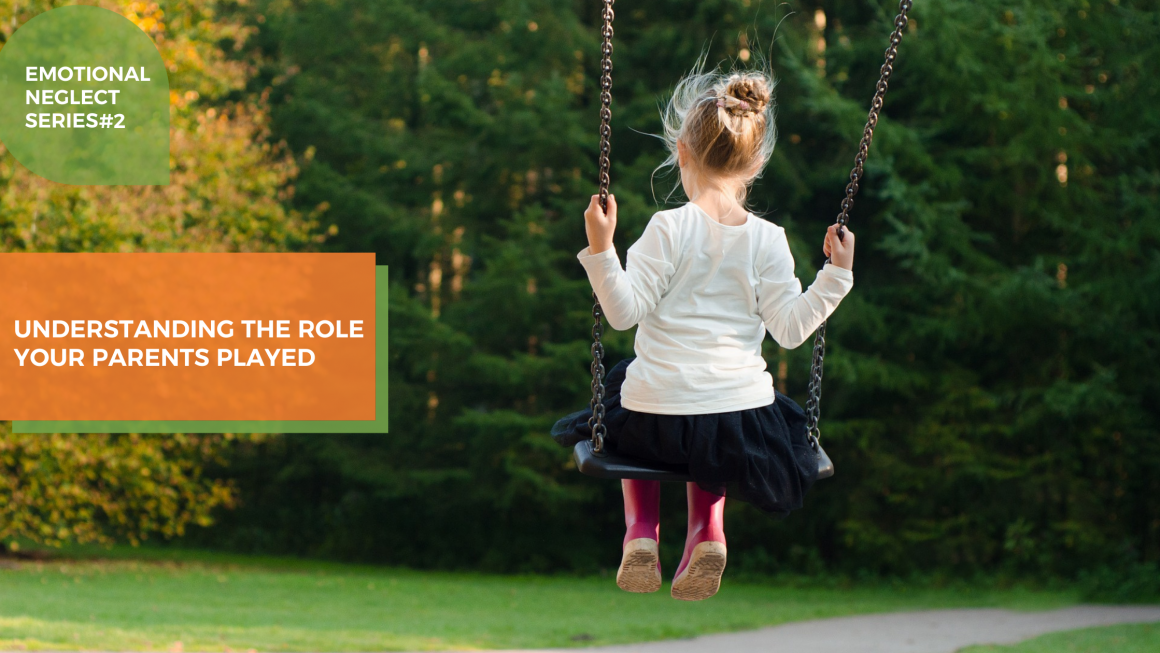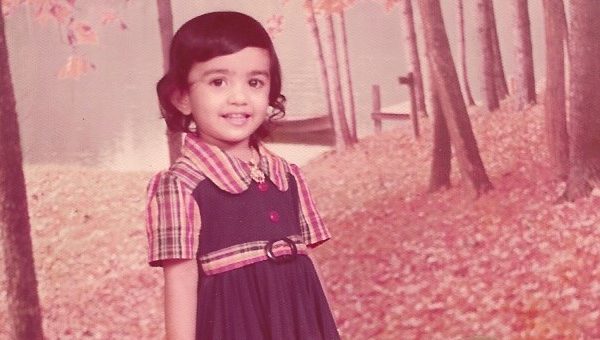Continuing from my last post on childhood Emotional Neglect, is this article on how it can happen in the 1st place.
I first heard about the idea of Emotional Neglect during therapy last year, and have since heard it mentioned in various psychology publications. The prevalence of Emotional Neglect among Singaporeans was also discovered in the 2016 Singapore Mental Health Study by the Institute of Mental Health.
As I dived deeper into the topic, I also found the books by Dr Jonice Webb (Running on Empty) and by Dr Lindsay Gibson (Adult Children of Emotionally Immature Parents) to be helpful.
It boils down to the type of parent one had growing up. Seeing as how this is a personal blog, my intention is not to regurgitate information on all the different types of parents. Instead, I will highlight a few examples, as relevant to my own experience.
But first, were your parents emotionally neglected too?
“Many of the parents who emotionally neglect their children have been emotionally neglected themselves.” – Dr Jonice Webb
That’s not a big revelation to me. Just think about your parents and their parents. I’m pretty sure sitting around, chatting about their feelings, was not the main activity back in the day. Days of war, crippling financial downturns, pre-women’s liberation, pre-mental health awareness, no wonder mental health wasn’t top of anyone’s list.
In a way, we are lucky now that we have the resources and a relatively more open society that’s slowly starting to accept the focus on mental well-being.
So how does Emotional Neglect happen?
Dr Webb identified 12 types of parents, while Dr Gibson categorised them into 4 types. As best as I could, I segmented the 12 from Dr Webb to align with the 4 from Dr Gibson.



Many may be able to see our parents in one or more of the archetypes that are mentioned.
I see how both of mine can fit into several of the categories. But the one that calls out to me is obviously “The Parent with a Special Needs Family Member.”
(If you’re reading my blog for the 1st time, I am the sibling of a schizophrenic brother who developed his illness when he was 14 and I was 11 – hence the preceding statement).
The Parent with a Special Needs Family Member.
“When a child grows up with a serious illness in the family, the caregiving that would normally go towards the child is compromised”. – Dr Jonice Webb
We know that having to look after (long-term) a sick child is one of the most terrible and unmanageable things are parent has to do. Especially when it’s a mental illness.
With so little to spare, if the other child is doing okay, it seems only natural that these parents will not be as tuned in to their healthy child.
Interestingly, Dr Webb mentions that multiple studies asking parents to rate how their healthy child was doing showed the parents perceiving them as doing “okay” while the same children perceived themselves in a more negative light.
On a personal note:
I’d like to think that one of the reasons why they failed to notice is because, not only was I doing “okay”, I was doing really well in school and had a lot of friends and generally, gave them no trouble.
(Well, it’s a more palatable reason than the alternatives of them not caring at all, or being narcissistic or sociopathic).
Anyway, it is a fair point to say that mental illness in a family is cataclysmic and parents who have to deal with this really struggle, so no wonder… and, here I go again, making excuses for my being emotionally neglected.
Let me stop that. This isn’t about blame, this is about acknowledging the role that my family and my parents have played in shaping me, being aware so that I can figure out how to better manage my mental well-being.
In my case, I grew up “accepting” that my emotional needs were secondary to my brother’s needs, unable to express my fears and concerns, that my feelings were not important. Seen, yet unseen.
A second point: The books talk about unfair expectations that parents have on their healthy child to express the same amount of compassion, selflessness and patience that they have towards the sick child. Well – I have had bucket-loads of that thrown in my direction.
Both overtly and implicitly.
Repercussions?
1. Carrying feelings of guilt that I was doing “so well” while my “poor” brother suffered, well into my adulthood.
2. Carrying the suffocating burden of unsaid (and sometimes, said) expectations that I should, one day, take over the reigns of looking after my brother.
3. Carrying the pain of not being seen by one’s own parent and feeling misunderstood and yes, feeling as though what I go through doesn’t matter at all.
This is no way to live. It has taken me that long to try and loosen the shackles in my mind – of carrying someone else’s pain, emotions and expectations. But I am working on releasing those burdens.
The Achievement / Perfection Focused Parent:
The 2nd type of parent I choose to focus on is a common archetype, I’m sure. Well, I think this is a very suitable one for us high-achieving Singaporeans, no?
And nothing wrong with wanting your child to achieve but what is the underlying reason? To make yourself look good in front of others? To live vicariously through your child? To get them to maximise all the opportunities that you didn’t have growing up?
Or is it because you are fully aware of your child’s interest and you are doing what you can to support it, and as a result, they achieve?
How many of us feel “never good enough”? How many of us put ridiculous expectations on ourselves?
Growing up with the expectations of such parents means that constant chase towards perfection, so much so that that we simply cannot enjoy the present moment, and what we already have.
It can also screw up our ability to enjoy life’s journey, the discovery, the process of doing or learning something, because, well, if we aren’t going to succeed at it, that’s all the effort down the drain, so why bother, right?
The resulting dissatisfaction can manifest in irritability, outbursts, the fracturing of relationships.
And of course, when things don’t “go our way” or a “mini-failure”, we are harder hit emotionally and can fall into depression more than those who are emotionally balanced.
Again, for those with this type of parent, it can seem as though they are doing what’s best for us, but the key is whether they are meeting our emotional needs in the first place, by truly understanding us.
A Perfectionist’s View:



Recently there has been quite a lot of news about tennis player Naomi Osaka and her struggles with mental health. I am a tennis fan, so seeing her bravery in being so open in the unforgiving world of tennis, is something special indeed.
To quote her from this article: “I tell people that I’m a perfectionist. I think for me, something that’s less than perfection, even though it might be something great, is a disappointment. I don’t really think that’s a healthy way of thinking, so something that I really wanted to change.”
I am also doing what I can in this area. Cutting myself slack for my presumed mistakes. Essentially, any little thing that I feel I “screwed up”, I beat myself up about it. But, these days, I remind myself that it’s not healthy to do so and I change my perspective on the situation. Self-care, self-love.
As for the Achievement / Perfection Focused Parent, who would not want to have a parent who looks out for the best for their child? The difference is if you are doing it with an understanding of your child’s needs and supporting them, versus, doing it for your own needs.
It’s not about blame, it’s about understanding.
To wrap up, childhood Emotional Neglect is real. You can come from the wealthiest or most seemingly-perfect family but when your parents do not recognise and take care of your emotional needs growing up, the impact will show itself in adulthood.
Once again, when talking about emotionally neglectful parents, the intention is never about a blame game. We need to be realistic, get rid of the blinders and really see the role our parents played in our childhood. So that we can honestly accept the reality of childhood emotional neglect, its impact and understand ourselves better. And work towards a healthier life.
For more information on Emotional Neglect:
Dr Jonice Webb: Running On Empty
Dr Lindsay Gibson: Adult Children of Emotionally Immature Parents






One thought on “Emotional Neglect – And the role your parents played.”